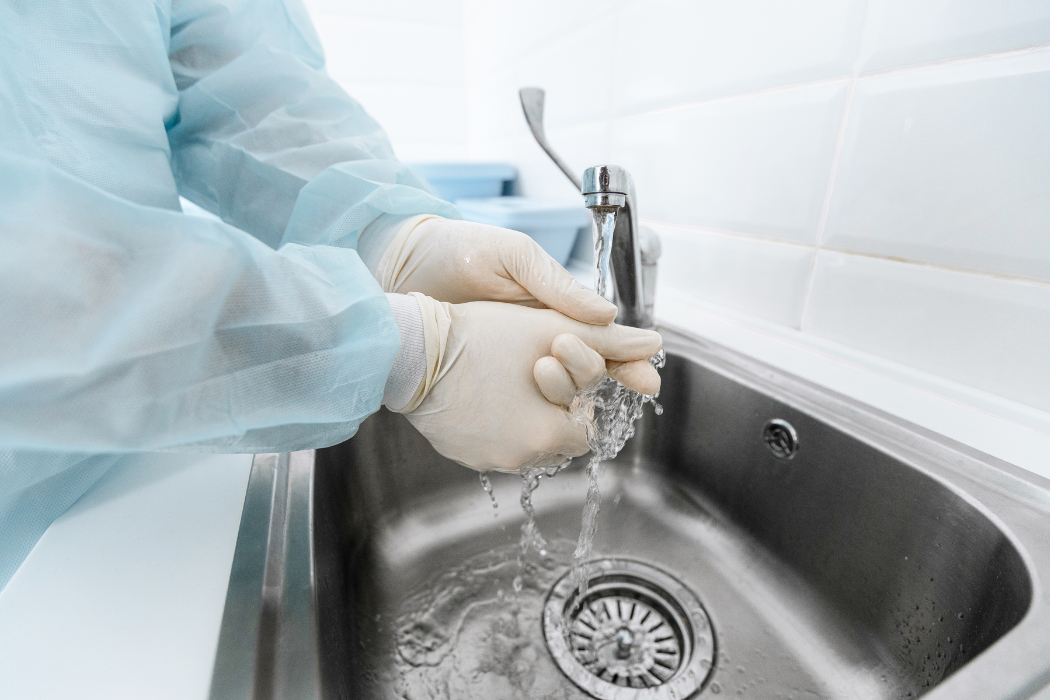
Water facts that should make every lab take notice:
- Labs consume 4x more water than equivalent office spaces.
- It takes 3 gallons (~11 litres) of water to make 1 gallon (~3.8 litres) of deionized (DI) water. That’s at least 3 gallons of water for every gel you run.
- Single-pass cooling systems can easily lead to a lab using more than 13,000 gallons (~50,000 litres) of water each year.
- Autoclaves can use as much as 60 gallons (~340 litres) per cycle.
- Laboratory water usage often accounts for a significant portion of an institution’s water footprint and utility costs.
What can be done to reduce water usage in the lab? Explore these practical strategies that can dramatically decrease your lab’s water consumption.
Run full loads only, use water-efficient models, and implement proper maintenance schedules to reduce water consumption per cycle.
Replace outdated single-pass cooling with closed-loop systems or chillers to prevent wasting water on experiments or equipment cooling.
Low-flow aerators and efficient fixtures can reduce water consumption by up to 50-70% without compromising laboratory operations or safety protocols.
Only use purified/DI water when experiments require it. Use tap water for cleaning and non-critical tasks. Review protocols to minimize water usage while maintaining validity.
Maintain and fix equipment. Leaks that drip once per second can waste 3,000 gallons of water per year. Regular maintenance prevents waste.
Capture and reuse appropriate water streams for non-critical applications, significantly reducing total laboratory water consumption.
How GSK saved 136.8 million liters of water in 3 labs
Through My Green Lab® Certification, GSK’s pilot labs reduced water consumption dramatically, delivering a 14x ROI while advancing sustainable research operations.
Explore our Beaker Blog posts for in-depth analysis, emerging technologies, and expert perspectives on reducing laboratory water consumption.
Discover practical, implementable strategies to significantly reduce your laboratory’s water consumption while maintaining research quality and regulatory compliance.
A comprehensive approach to laboratory sustainability, including water conservation practices that research facilities can implement to reduce environmental impact.
Learn how Trinity College Dublin’s research facilities dramatically reduced water consumption through innovative approaches and My Green Lab® Certification.
Boost your water-saving skills with our Accredited Professional program
Join our Accredited Professionals program to gain specialized knowledge in sustainable laboratory practices and lead water conservation initiatives at your institution.
Demonstrate your commitment to water conservation
My Green Lab Certification recognizes your leadership in water conservation and provides a framework for continuous improvement in laboratory sustainability.
